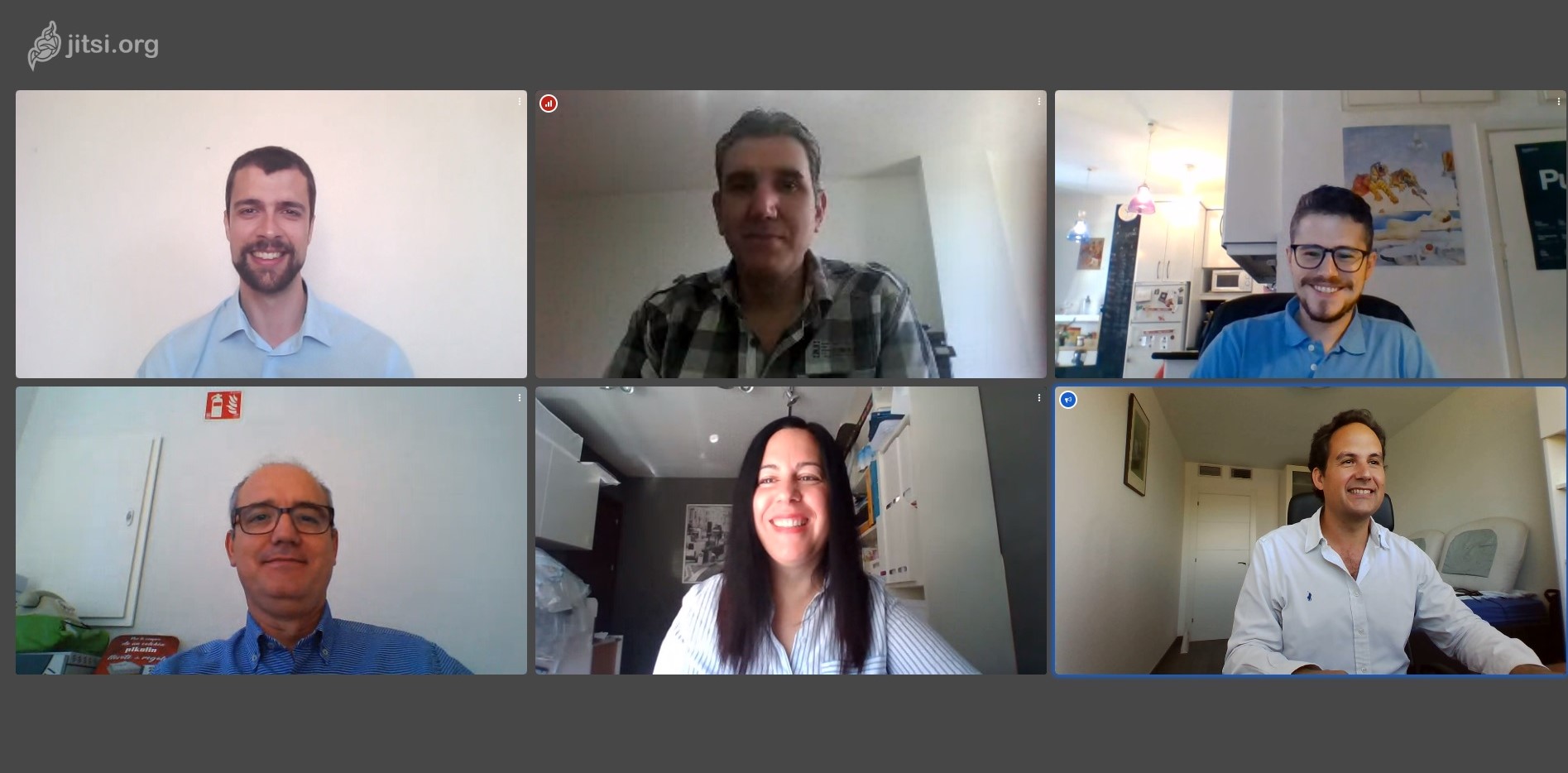Planasa continues to join forces in the fight against the COVID-19 with initiatives arising from the staff at its different workplaces. On this occasion it was the IT department of the international company that decided to contribute by joining two projects: Rosetta@home and COVID-PHYM, which use the computing power of volunteer computers connected to each other to create a distributed computing network, with a computing power similar to that of a supercomputer.
This can accelerate research processes in the design of new proteins and in the search for drugs already used against other diseases that can inhibit the virus’ ability to multiply, respectively.
In this sense, Planasa is running the programs of Rosetta@hom and COVID-PHYM in one dedicated servers (with 12 computers) which carry out the calculations and operations required by the two projects in the fight against COVID-19 24 hours a day, seven days a week. These servers will be working as long as these investigations last, although Planasa has already decided that for the Rosetta project which also investigates other diseases such as cancer, HIV…for the moment there is no end date.
“Seeing the initiatives that our colleagues in different centres were implementing, we thought that our department could do yet one more bit with the resources that we have in the IT department. We found these two projects and thought it was very interesting to give up computing capacity of our server platform. We commented on the initiative and the management did not hesitate to support it, so we hope that this small contribution will help the research efforts of these great institutions”, explains Jorge Martin, corporate IT manager at Planasa.

Rosseta@home and COVID-PHYM
The University of Washington’s Rosseta@home project is a non-profit initiative that aims to determine the three-dimensional forms of proteins in research that may eventually lead to a cure for some of the major human diseases. A network of volunteers who run Rosetta’s program on their computers while they are away help accelerate and expand research and design new proteins to fight disease.
In the case of COVID-PHYM Citizen Science, it is a citizen science project promoted by the Spanish National Research Council (CSIC) and the Ibercivis Foundation, whose aim is to find a drug used in the treatment of other viral diseases such as Ebola or malaria, to act against coronavirus 2 (SARS-CoV-2), on the basis that some drugs in use have already been shown to be sufficiently safe for human health, could be available to treat patients with COVID-19 well before a newly developed compound and thus accelerate control of the pandemic.
The idea is to perform distributed computing network simulations of the interaction of these drugs with the SARS-Co-V genome replication machinery. These operations will show whether any of the molecules succeed in inhibiting a key protein in the multiplication of the virus called ‘RNA-dependent polymerase’. If so, the drug would be a suitable test candidate for human clinical trials.
Planasa is an international company, leader in the agri-food sector, specialized in variety development, mainly berries, nursery sectors and fresh produce. With more than 1,500 hectares of land, it is one of the largest nurseries in the world and the leading producer of fresh endives.
